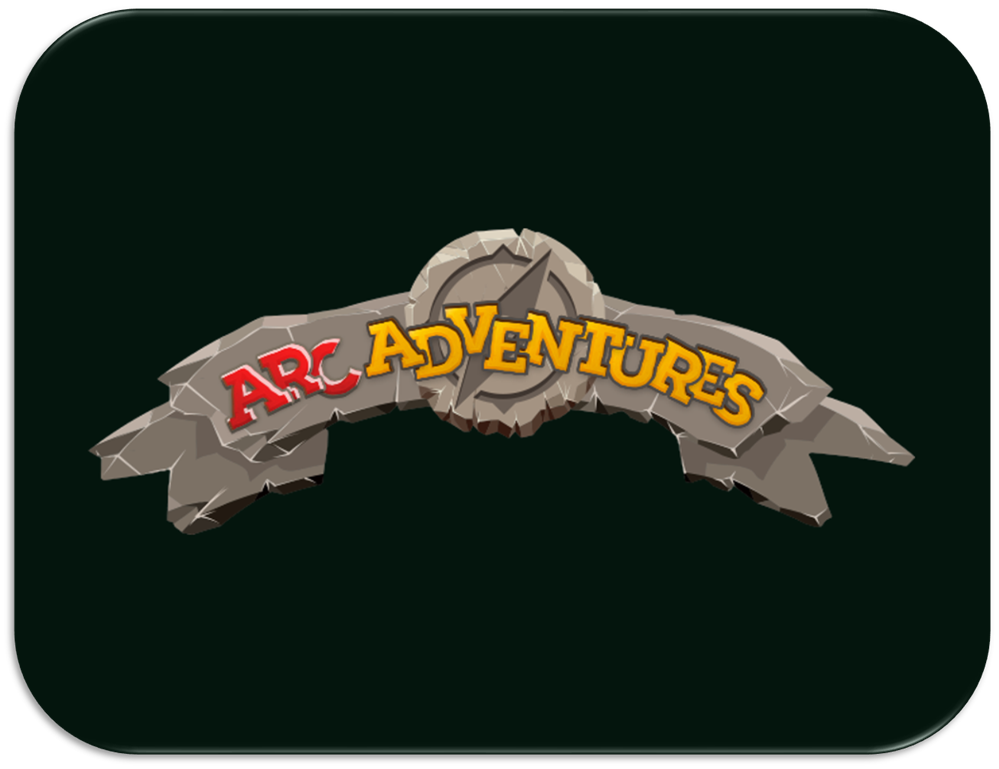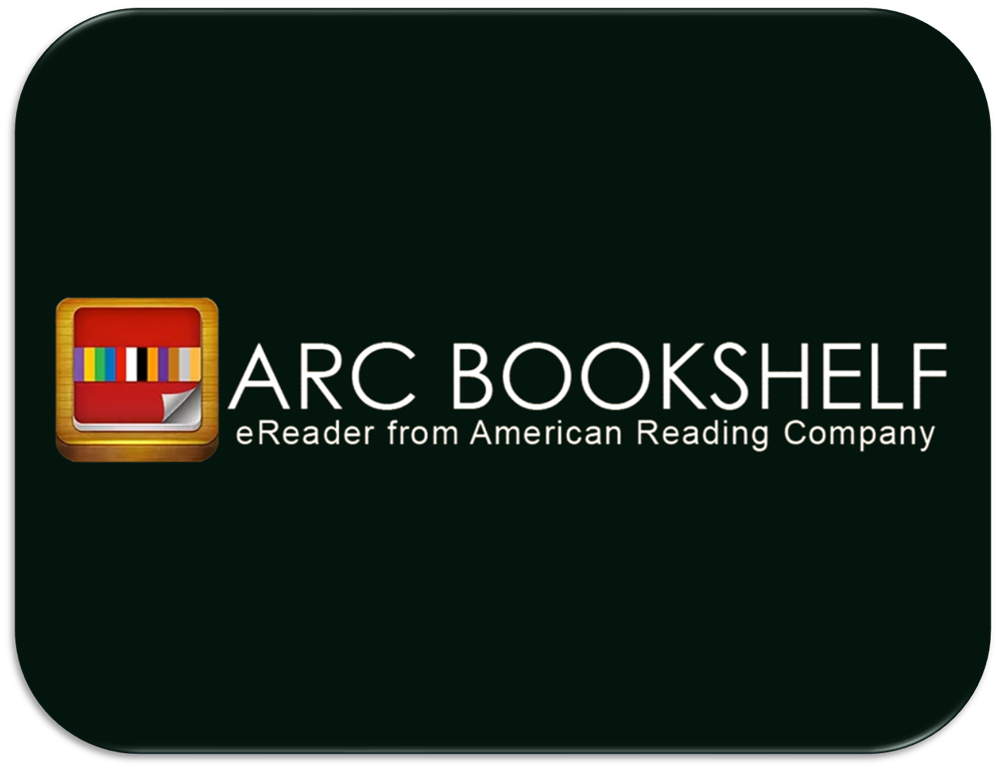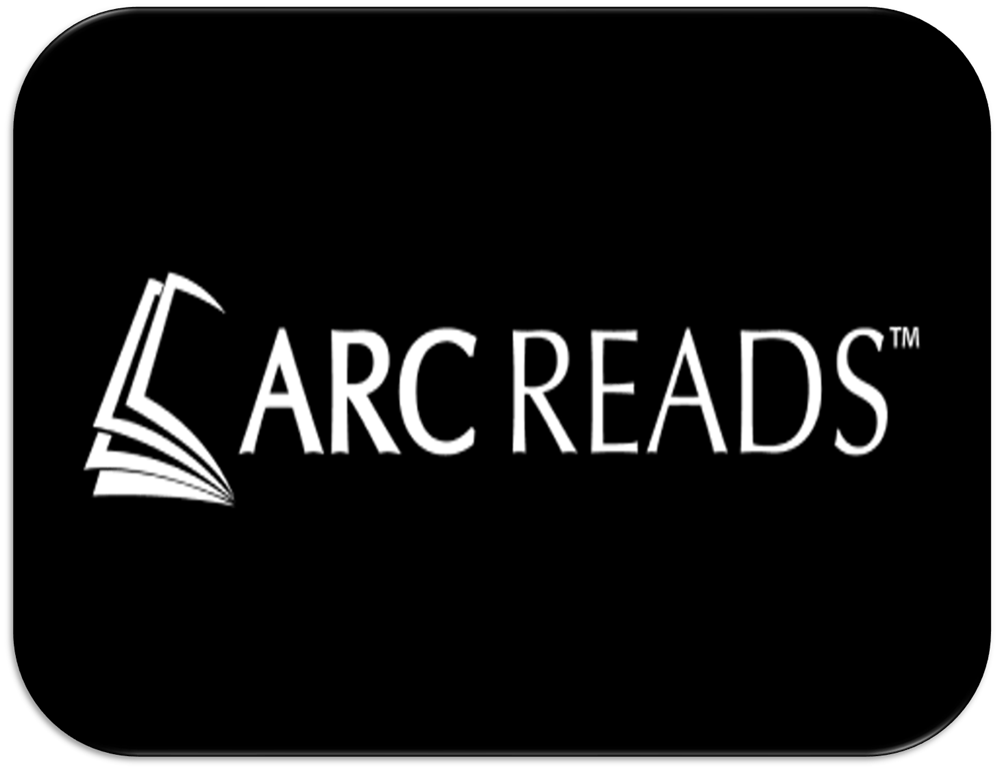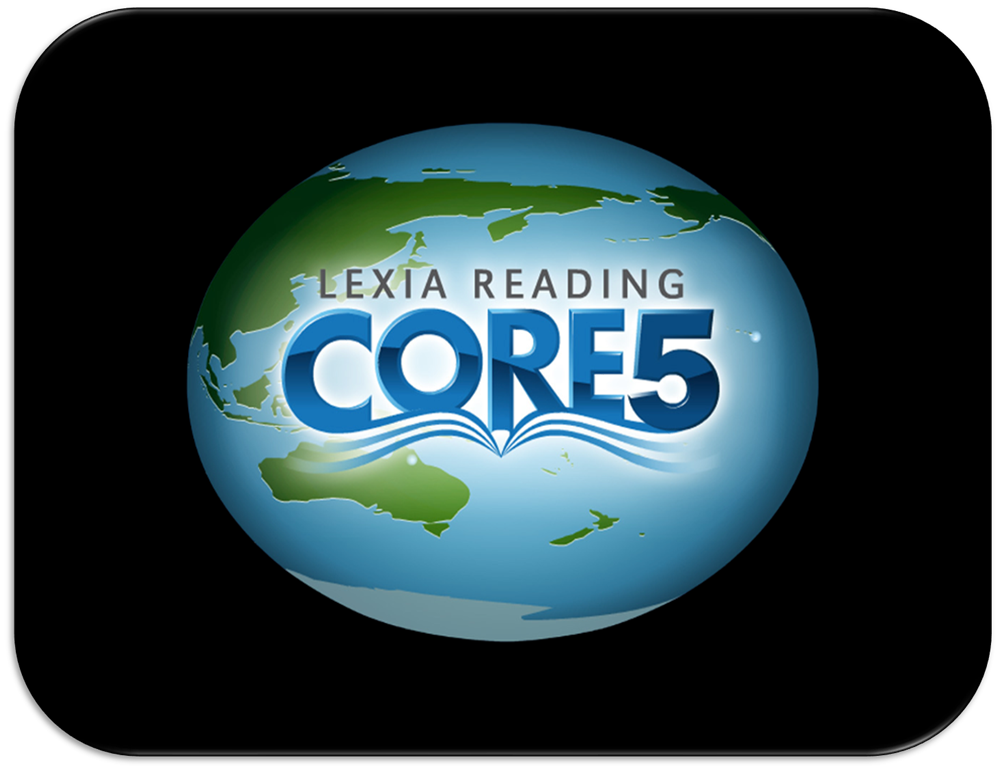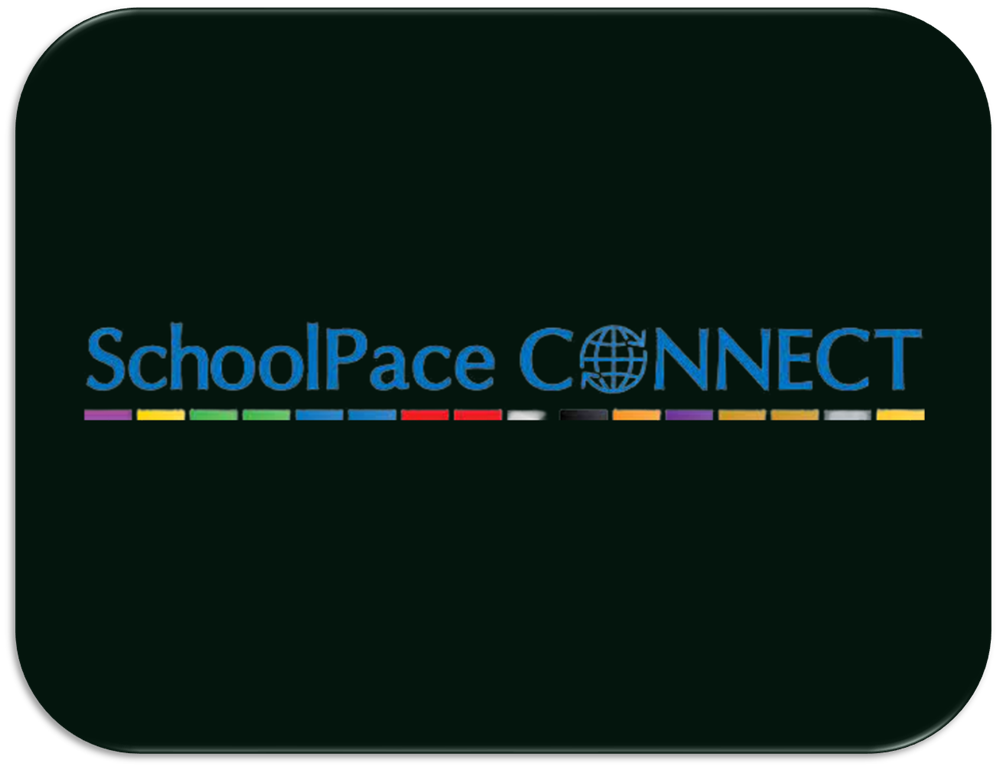- School District of Beloit
- Kindergarten - Literacy & Language Arts
Kindergarten - Literacy & Language Arts
-
The School District of Beloit literacy curricula are highly rated and aligned to Wisconsin state English Language Arts standards. Our vision for literacy learning builds strong reading foundational skills and grade level understandings for all students through culturally relevant and responsive instructional practices, strategies and resources to meet each learner's language and literacy needs. Through rigorous and engaging instruction in the domains of reading, writing, speaking, listening, and thinking, we will develop students' language abilities so that they can analyze, interpret, summarize, and synthesize information from multiple sources and perspectives to make meaning of the complex world around them. By nurturing strong home, school and community literacy partnerships, the School District of Beloit’s literacy programs will nurture the joy of reading and a strong, lifelong literacy identity within each learner so that they may excel in their pursuit of college, career and community opportunities.
Kindergarten Literacy & Language Arts Units
-
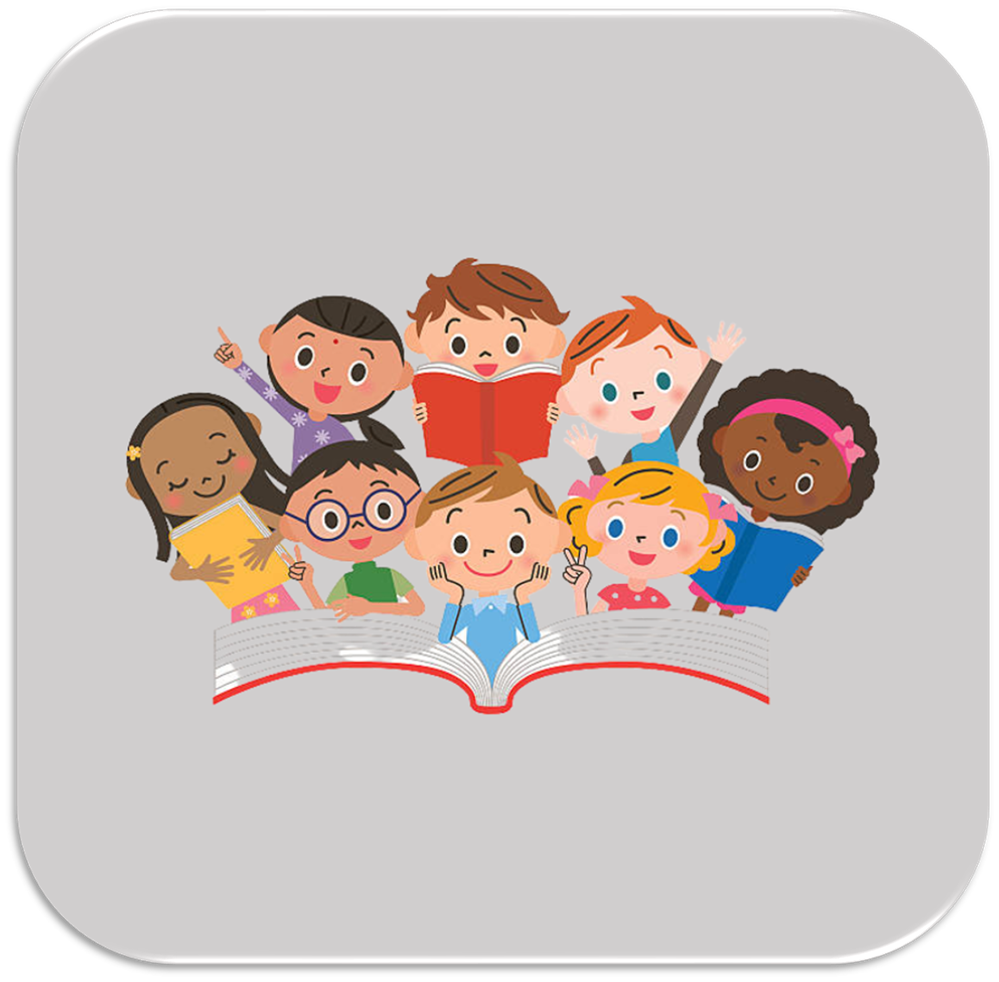
Building a Community of Readers & Writers
Students will begin to build the foundation of language arts practices and a culture supporting our community of readers and writers. Students will see themselves as readers and writers every day. Each student will master at least one literacy goal (Power Goal) and develop a path forward.
-
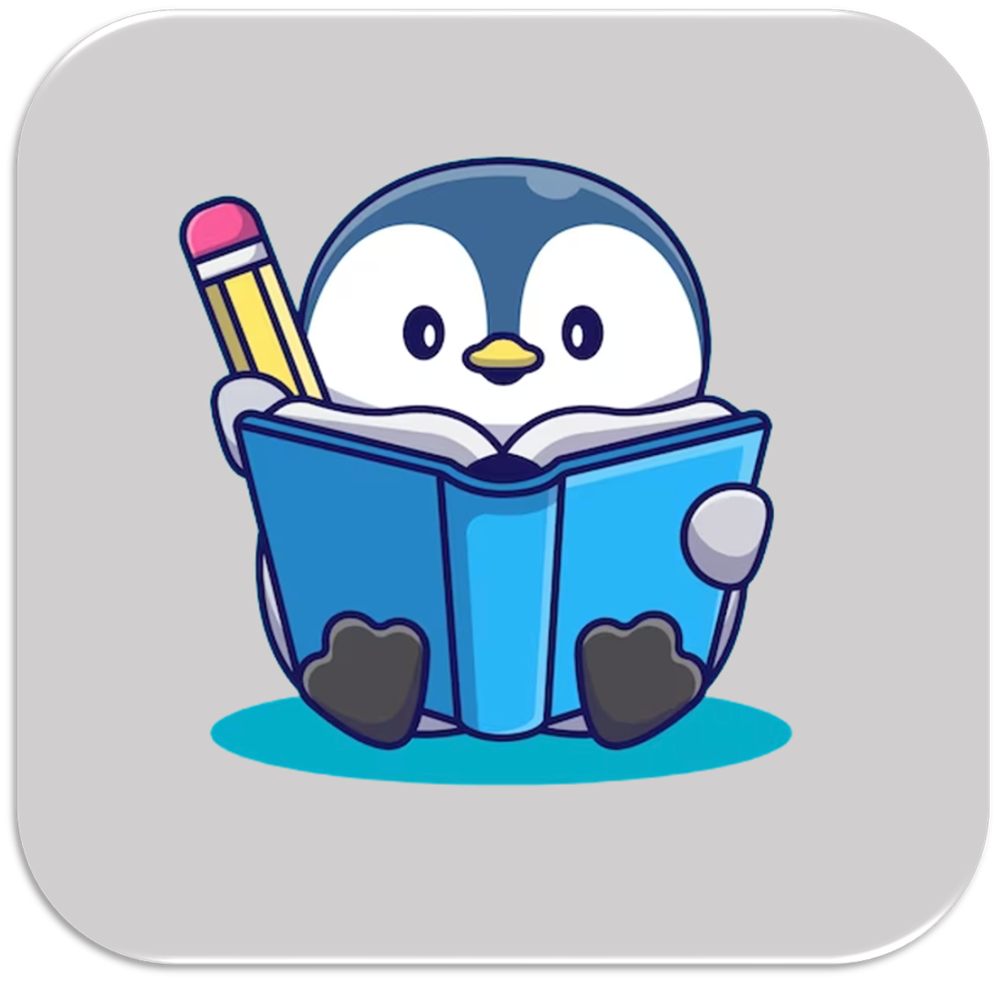
Learning to Think, Read, and Write like a Scientist (Zoology)
Each lesson plan is built around one key life science concept and an integrated framework of standards in language arts and science inquiry. Your junior zoologists will climb the tree of animal life! Students will go wild for lions and penguins while recognizing familiar pets like goldfish and rabbits.
-
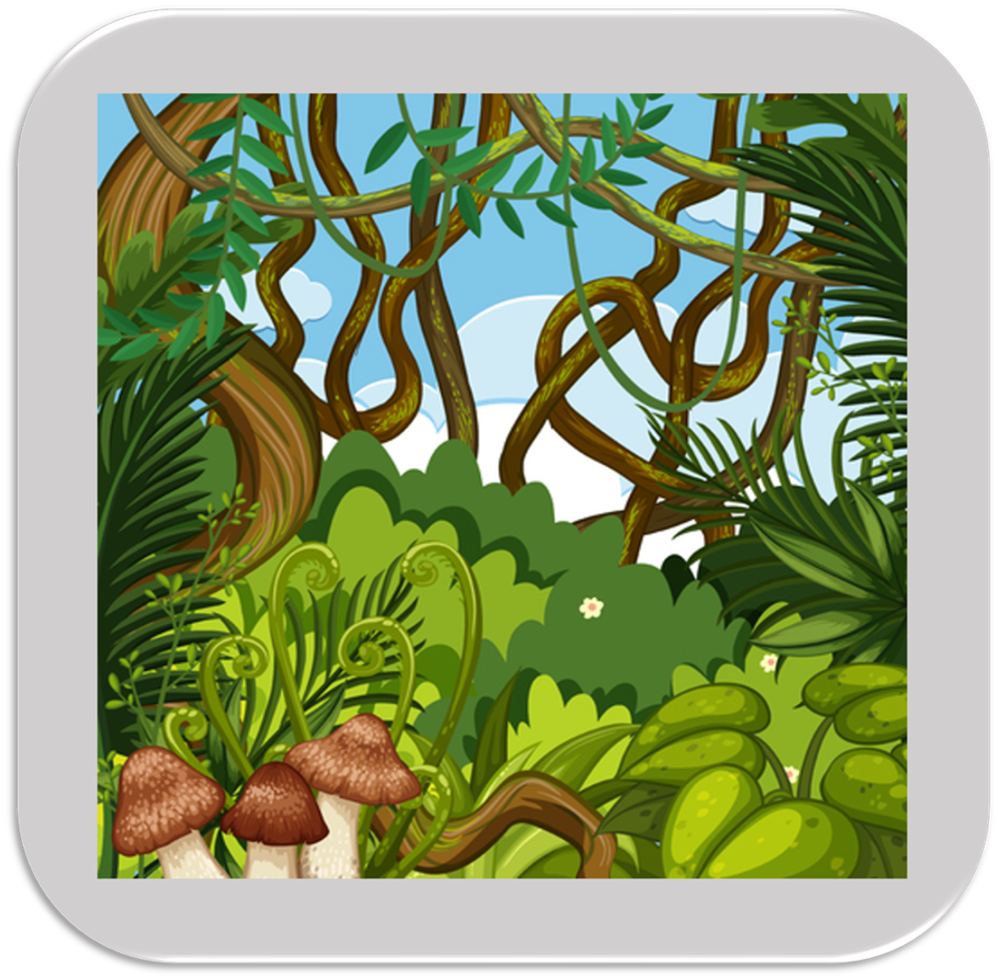
Learning to Think, Read, and Write like a Scientist (Ecology)
Each lesson plan is built around one key life science concept and an integrated framework of standards in language arts and science inquiry. Classrooms will transform into a savanna, forest, ocean, desert, and rainforest! Budding ecologists will thrive in a learning environment designed to study organisms and environments.
-
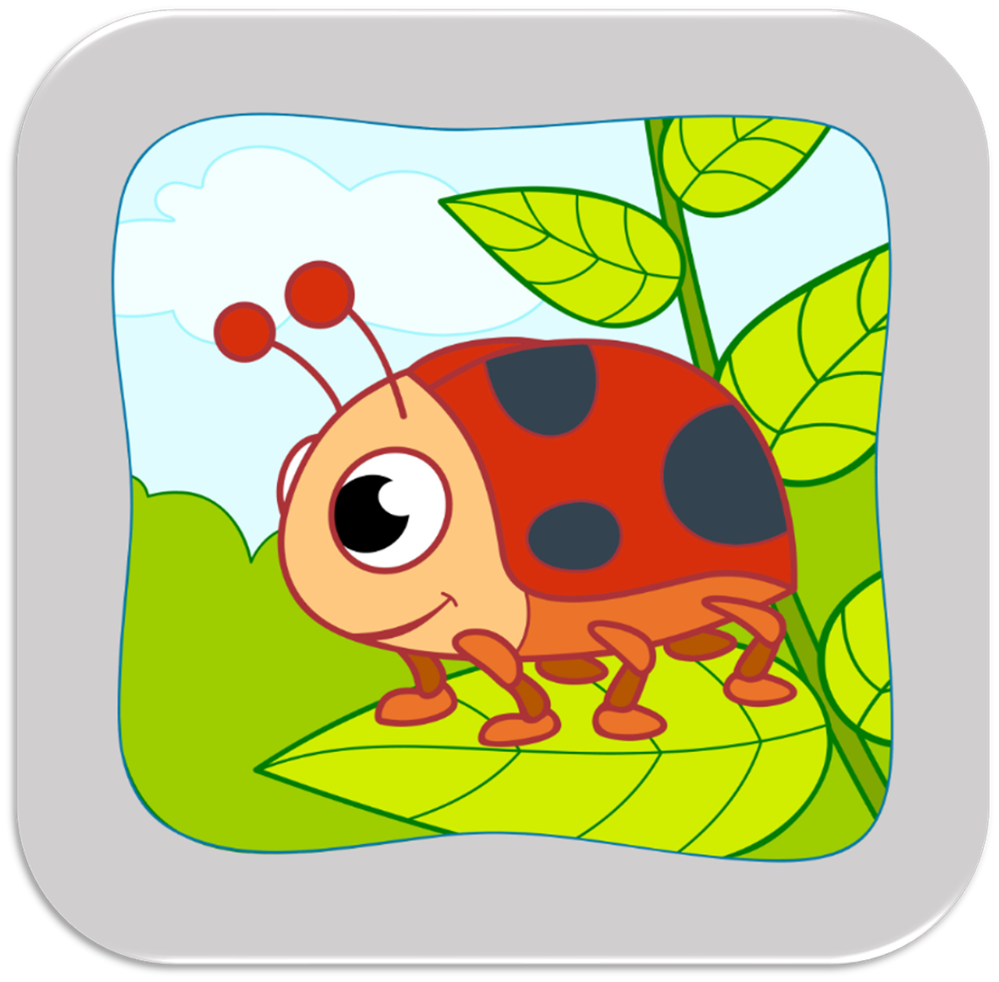
Learning to Think, Read, and Write like a Scientist (Entomology)
Each lesson plan is built around one key life science concept and an integrated framework of standards in language arts and science inquiry. Your junior entomologists will buzz about bees, spiders, butterflies, ladybugs, and other creatures from the natural world.
By the end of Kindergarten, students will...
-
- follow words from left to right, top to bottom, and page by page.
- recognize and name all upper- and lowercase letters of the alphabet.
- recognize and produce rhyming words.
- recognize spoken words are represented in written language by specific sequences of letters.
- isolate and pronounce the initial sounds (phonemes) in three-phoneme (consonant-vowel-consonant, or CVC) words.
- demonstrate basic knowledge of one-to-one letter-sound correspondences by producing the primary or many of the most frequent sounds for each consonant.
- read common high-frequency words by sight (e.g., the, of, to, you, she, my, is, are, do, does).
- demonstrate understanding of spoken words, syllables, and sounds (phonemes).
- count, pronounce, blend, and segment syllables in spoken words.
- know and apply grade-level phonics and word analysis skills in decoding words.
- read emergent-reader texts with purpose and understanding.
- blend and segment onsets and rimes of single-syllable spoken words.
- add, delete, or substitute individual sounds (phonemes) in simple, one-syllable words to make new words.
- associate the long and short sounds with common spellings (graphemes) for the five major vowels.

